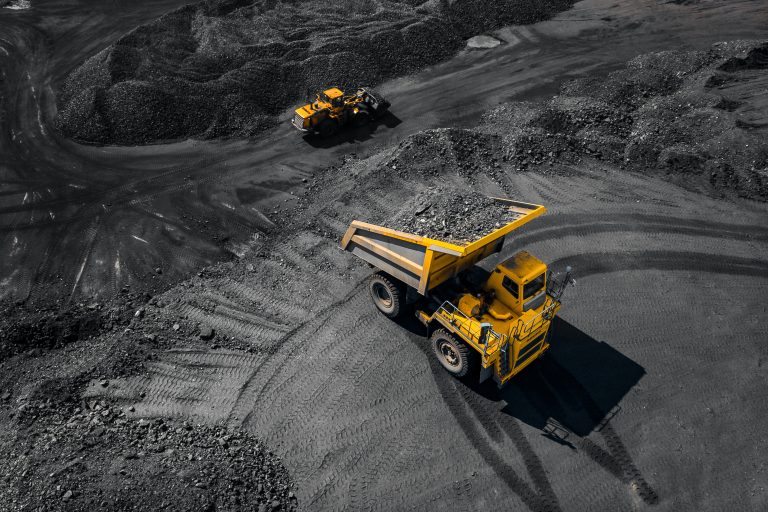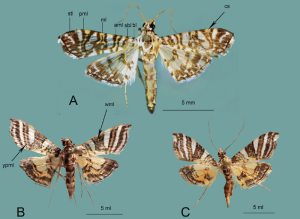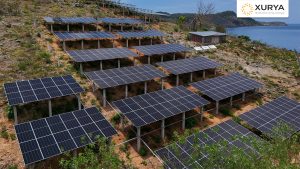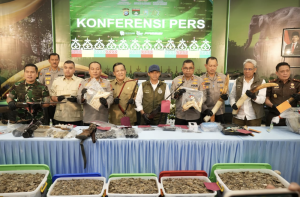Jakarta – Observers have criticised state-owned banks for continuing to invest in a sector that exacerbates the climate crisis. Indonesian banks have made significant contributions to financing dirty energy in Southeast Asia, according to a new report by the Centre for Energy, Ecology, and Development (CEED).
CELIOS Executive Director Bhima Yudhistira Adhinegara said in a statement on Tuesday, 3 June, that “Banks are still financing the climate crisis while underestimating its impact on financial risk and people’s quality of life. This report is a form of public scrutiny of the practices of financial institutions. There must be a change before it is too late.”
CEED’s Southeast Asia Fossil Fuel Divestment Scorecard 2025 report, released in late May, said that the contribution of domestic banks, particularly from Indonesia, continues to increase as funding from international banks slowly shifts to the gas and renewable energy sectors. The report stated that national financial institutions accounted for 12 per cent of total coal financing in Southeast Asia from 2016 to 2024, or approximately USD 3.96 billion.
This makes Indonesia one of the highest contributing countries, alongside the Philippines and Vietnam. The funds primarily flowed into steam power plant (PLTU) projects, including large projects in Jakarta and its surrounding areas.
The report highlights Bank Mandiri as the domestic financial institution that has been most aggressive in financing PLTU projects. The state-owned bank is the second highest among all Southeast Asian and international banks in coal financing.
One of its most recent transactions was a USD 1.27 billion refinancing loan for PLTU Sumsel-8, which was completed in September 2024. However, Bank Mandiri does not yet have an explicit policy to stop financing coal, other than stating its commitment to follow the government’s target to phase out coal by 2040.
Two other state-owned banks, BNI and BRI, ranked 7th and 8th, respectively, on the list of banks most active in financing coal and gas projects. Both are considered to have low sustainability scores due to the absence of fossil fuel divestment policies and limited commitment to clean energy.
Civil society organisations urge transformation
CEED joins CELIOS, WALHI, KRuHA, Energy Shift Southeast Asia, and RimbaWatch in calling on Indonesian and Southeast Asian banks to set targets and deadlines to stop financing coal, oil, and gas. Close loopholes in indirect financing schemes, such as project guarantees or securities sales, require subsidiaries to comply with the parent’s sustainability policy and adopt the 10 Guiding Principles on Financing in PLTU early retirement programmes, including rejecting fake solutions like ammonia co-firing or carbon capture technologies.
According to CEED Executive Director and Energy Shift Southeast Asia Convenor Gerry Arances, there is no reason to delay the energy transition.
“Financial institutions must immediately stop investing in new fossil fuels and shift funds to renewable energy as required by the climate crisis. Otherwise, Southeast Asia will be trapped in a cycle of disaster and irreparable environmental damage,” he said.
He said that progressive and real funding policies must support the ambition of the ASEAN region, not just promises without action. (Hartatik)
Banner photo: shutterstock















